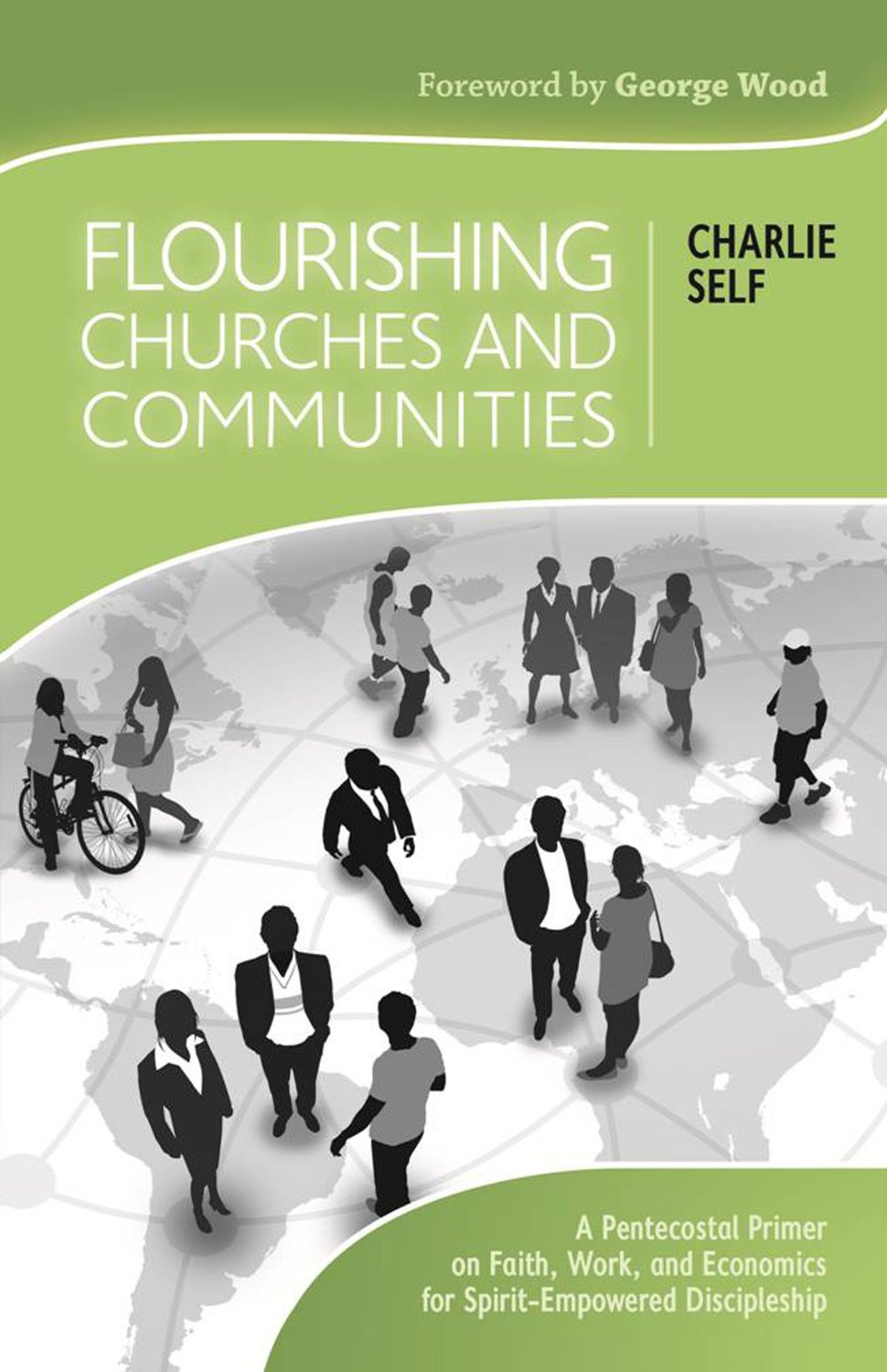April 15, 2014
April 11, 2014
Why Your Job Pushing Paper Can Help Change the World
April 04, 2014
Mozilla’s Statement of Faith and the Altars of Conformity
March 12, 2014
Serving the Least of These Through Our Daily Work
March 11, 2014
A Chicago Chicken Shop’s Statement of Faith
March 10, 2014
Talented but Unemployed? God May Be Calling You to Grubby, Unglamorous Work
February 18, 2014
Prophets in the Workplace
In the latest issue of The Living Pulpit, Presbyterian pastor Neal Presa reviews Flourishing Churches and Communities, Charlie Self’s Pentecostal primer on faith, work, and economics.
Presa heartily recommends the book, emphasizing that Self provides a theological framework that not only challenges the church, but points it directly to the broader global economy:
Flourishing Churches and Communities is a welcome addition to recent books in my own Reformed tradition on an integrated and holistic theology of work, from the likes of Tim Keller (Every Good Endeavor) and Mark Labberton (Dangerous Act of Worship). Continue Reading...
February 13, 2014
Survey: What Do You Look for in a Pastor?
January 08, 2014
The Call to Work and the Freedom to Flourish
December 17, 2013
